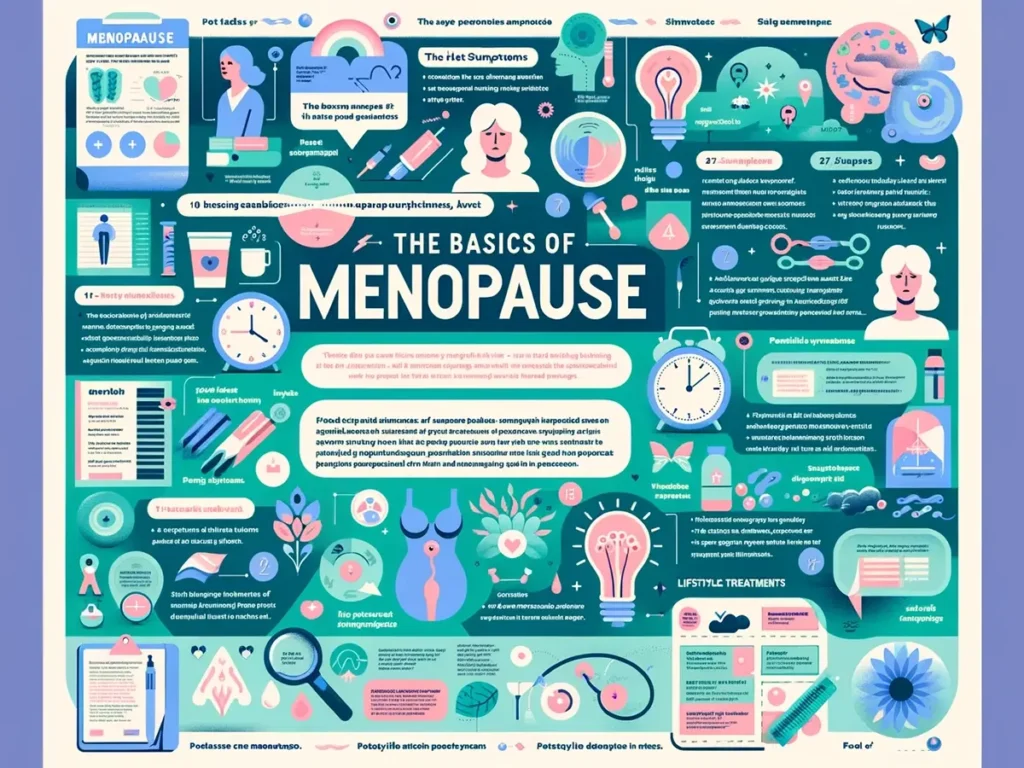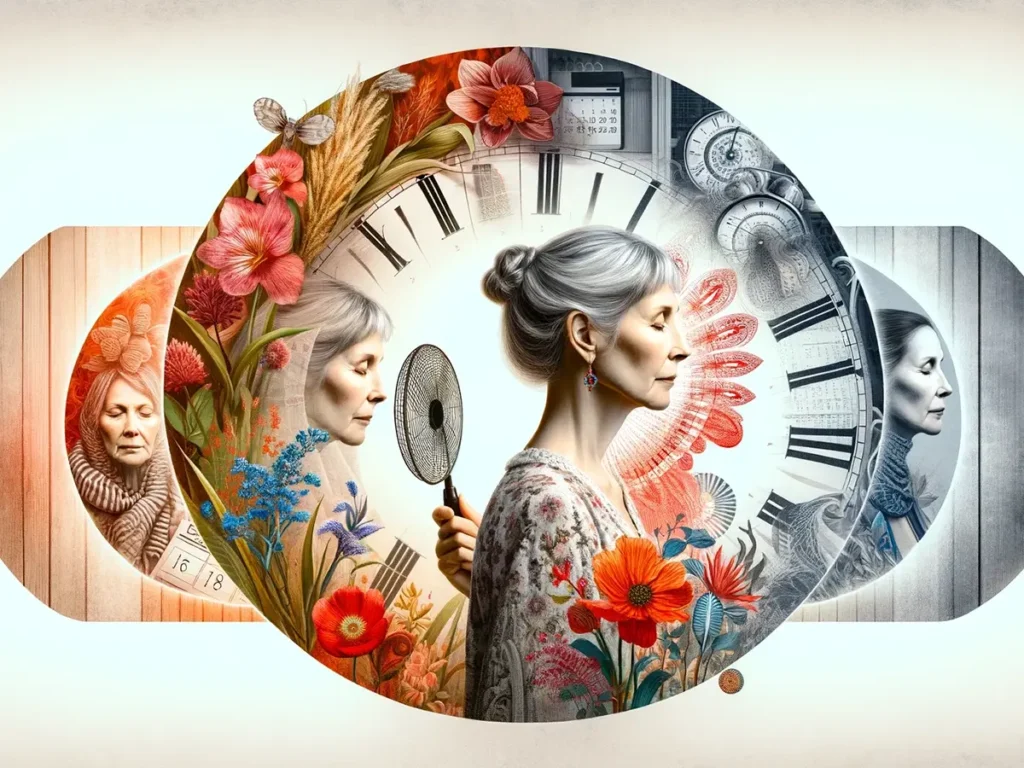Menopause is a natural phase in every woman’s life that marks the end of her reproductive years. It usually occurs between the ages of 45 and 55 and is characterized by the cessation of menstruation. In addition to the absence of periods, menopause also brings about significant hormonal changes in a woman’s body.
During menopause, the levels of estrogen and progesterone, the two primary female hormones, start to decline. This hormonal imbalance can lead to a variety of physical and emotional changes.
Hot Flashes and Night Sweats
One of the most common symptoms of menopause is hot flashes. These sudden feelings of intense heat can cause sweating and redness and are often accompanied by a rapid heartbeat. Hot flashes can occur during the day or at night, leading to night sweats that can disrupt sleep.
Changes in Mood
Fluctuating hormone levels can have a significant impact on a woman’s mood during menopause. Many women experience increased irritability, mood swings, and feelings of anxiety or depression. These emotional changes can be challenging to manage, but seeking support from loved ones and healthcare professionals can help.
Decreased Bone Density
Estrogen plays a crucial role in maintaining bone density. As estrogen levels decline during menopause, women become more susceptible to osteoporosis and fractures. To support bone health, it is essential to incorporate weight-bearing exercises and ensure adequate calcium and vitamin D intake.
Weight Gain
Many women notice weight gain or changes in body shape during menopause. Hormonal fluctuations can affect metabolism and increase fat storage, especially around the abdomen. Regular exercise and a balanced diet can help manage weight and maintain overall health.
Vaginal Dryness
Declining estrogen levels can cause vaginal dryness and discomfort during sexual intercourse. Women need to communicate any concerns to their healthcare provider, as various treatments are available to alleviate these symptoms.
Sleep Problems
Menopause can also disrupt sleep patterns. Night sweats, hot flashes, and hormonal fluctuations can make it difficult for women to fall asleep or stay asleep throughout the night. Establishing a relaxing bedtime routine and creating a comfortable sleep environment can promote better sleep.
Conclusion
Menopause is a significant life transition that brings about hormonal changes with various effects on a woman’s body. Understanding these changes and seeking support can help women navigate this phase more quickly. By prioritising self-care and maintaining open communication with healthcare professionals, women can manage the symptoms of menopause and embrace this new chapter of life.






